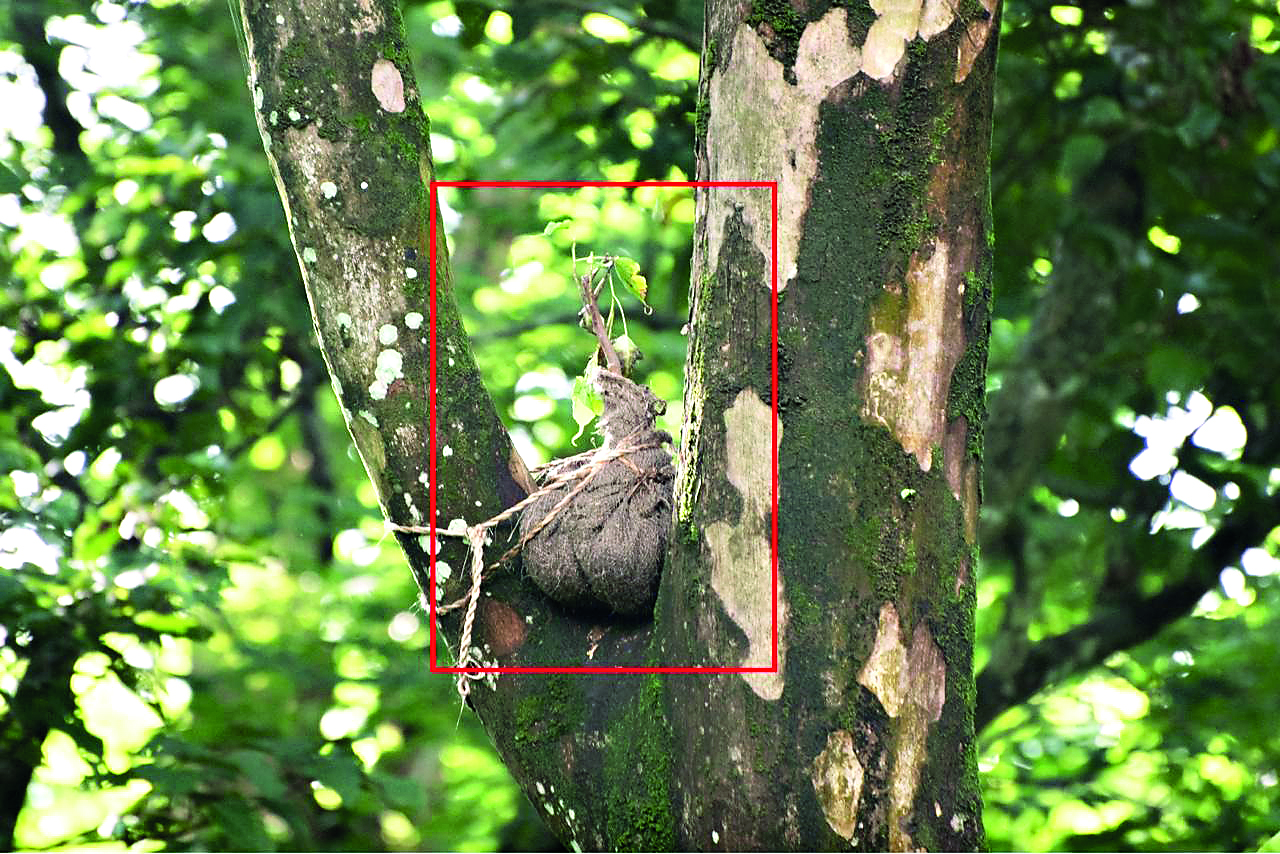‘Tree Top Plantation’ initiative launched in Jaldapara National Park

ALIPURDUAR: Jaldapara National Park has introduced a pioneering conservation project called ‘Tree Top Plantation,’ marking a significant first in India. This innovative initiative aims to address the declining population of Cycas species trees, crucial to the park’s ecosystem.
The issue emerged as the park’s growing population of herbivores began to impede the survival of certain tree species. Saplings of fig, banyan, and ficus rumphii were unable to mature as they were quickly consumed by herbivores. This led to a notable decline in these trees, particularly Cycas species, over recent years. This decline has impacted the park’s biodiversity, as the fruits of these trees are essential for numerous bird species. In response, the forest department launched the ‘Tree Top Plantation’ initiative as an experimental solution. The project involves nurturing saplings of banyan, fig, and ficus rumphii in the forest department’s nursery. To ensure their survival, the saplings are planted in soil mixed with fertilisers and wrapped in eco-friendly jute bags. These are then transplanted onto the branches of tall, non-fruit-bearing trees within the forest, identified using ‘Unicode’ technology. The rainy season was chosen for the launch to provide the saplings with sufficient water.
One month into the experiment, promising results have been observed. Around hundreds of saplings have been planted across five ranges in the park—Jaldapara North, Jaldapara East, Jaldapara West, Chilapata, and Kodalbasti. The saplings are successfully growing in the branches of taller trees.
Navojit De, Assistant Wildlife Warden of Jaldapara National Park, emphasised the ecological value of ficus trees, noting that their complex root structures support around 1,200 species and their fruits are crucial for local wildlife. The forest department is tracking sapling growth with GPS and plans to expand the initiative, with more saplings being prepared for future



